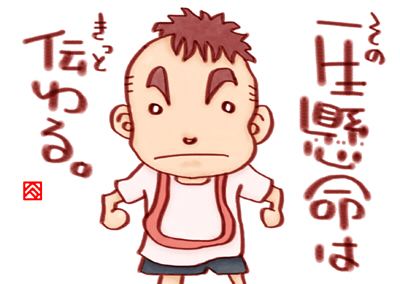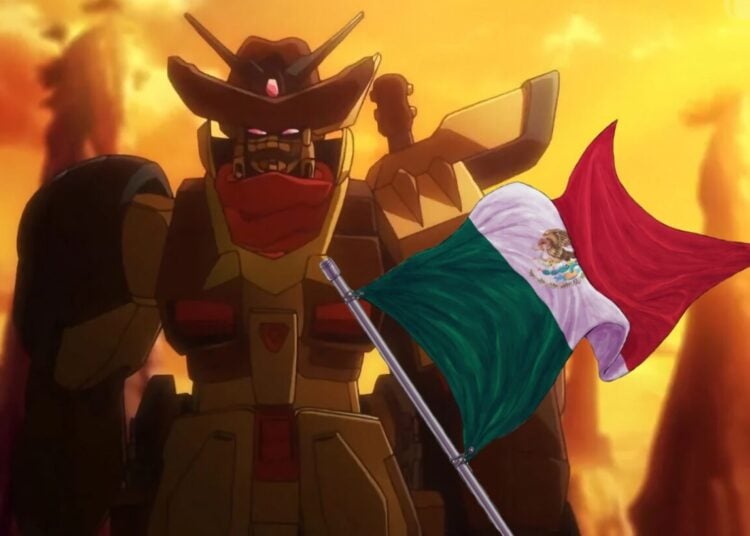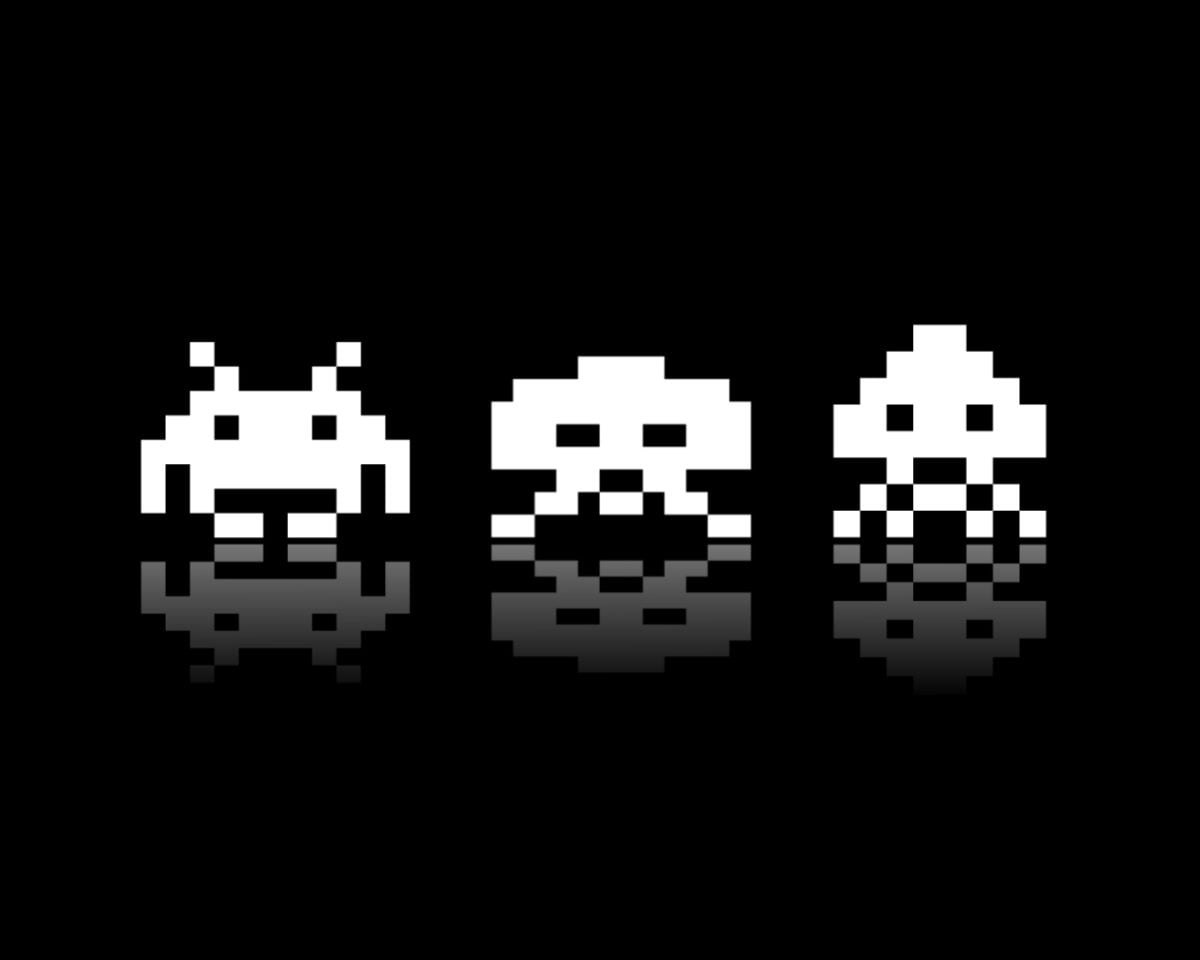One interesting side effect of studying a foreign language like Japanese is finding yourself naturally fixating on various aspects of the language as kakko ii, or “cool.” While learning Japanese I found myself liking certain phrases or kanji, like the flowing character for hashiru (to run), which is quite fun to write, or the mystery of the word ku-no-ichi, written with three kana characters from the kanji for woman and meaning “femal e ninja.” In Japanese there are quite a few four-character compound words imported from China centuries ago, which are interesting because they express highly poetic ideas, like jinba-ittai, a slogan adopted by Mazda which means “man and horse as one.” If you watch anime, you already know some of these kanji-based idioms, such as ikki tousen, which literally means “one knight who is a match for 1000 enemies,” i.e., really strong; or tenchi muyo, written with the characters for heaven + earth + no need, although its meaning is somewhat less elegant, since it’s what they print on boxes to represent “this end up.” One of these compound words I found myself drawn to during my studies was issho kenmei (ee-SHO ken-may), written with characters that mean “to put one’s only life on the line,” which in everyday use means to try very hard, to do something with all one’s might. It encapsulates the Japanese ethic of working hard, whether it’s beating your rival team at sports, studying hard and getting into a good university, or showing diligence to your boss and coworkers at work. Perhaps the most famous symbol of being issho kenmei about something is the traditional Japanese hachimaki headbands, which are worn by anyone who is fired up with passion for something, for example high school students studying for their university entrance exams, new employees in a company opening ceremony, volunteers at a political rally, and so on. We just happen to have a great selection of these traditional headbands — check them out now!
Onii-chan, No! When Translators Don’t Follow Japanese Naming Conventions
How do you feel when you're watching anime and a character uses an honorific like "Onii-chan," but the subtitles use...
















